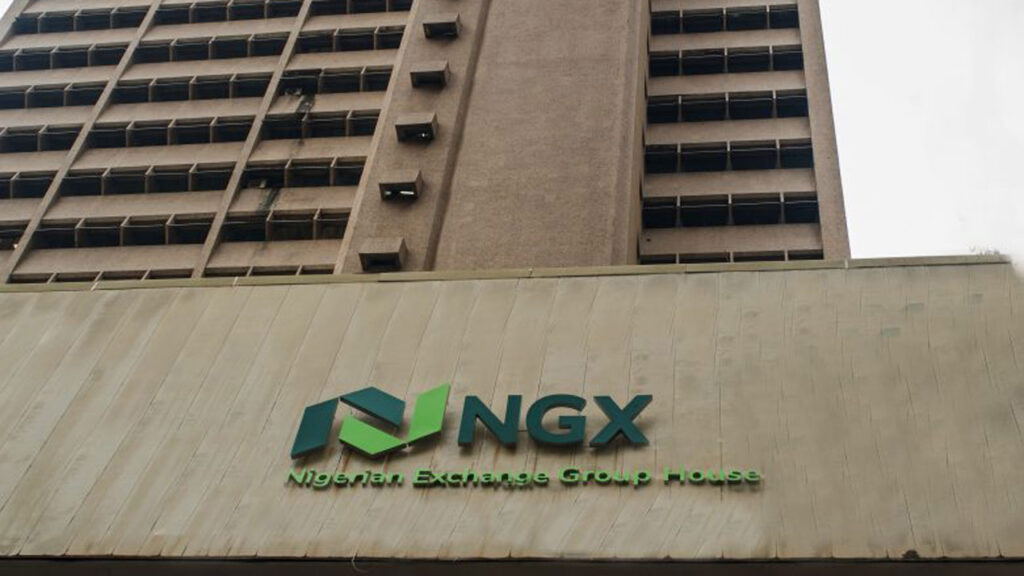
A professor of applied economics at Johns Hopkins University, Steve Hanke, has joined scores of tech professionals calling for the release of two Binance executives detailed by Nigeria after it restricted access to several crypto platforms including Binance.
The scholar said Nigeria’s economic instability came from policies implemented by the Central Bank of Nigeria (CBN), including significant increases in the country’s money supply.
Contrary to some perspectives, Hanke insisted that cryptocurrency trading is not responsible for Nigeria’s economic challenges and advised the federal government to release the Binance detainees.
Recall that the federal government, recently, restricted access to several crypto platforms including Binance, recognized as the world’s largest crypto exchange.
Following this action, two Binance executives and American citizens, Tigran Gambaryan and Nadeem Anjarwalla, who hold UK and Kenyan nationalities, who were negotiating with the government, were detained and have remained in detention without any formal charges against them.
Hanke said these Executives are unfairly detained because they may not directly have a hand in the economic situation of the country.
He said: “With the Naira plunging and inflation surging, Nigeria has hit the panic button, recently forcing Binance to halt its operations. Crypto speculation is not the source of Nigeria’s problems.”
Hanke is the founder and co-director of the university’s Institute for Applied Economics, Global Health, and the Study of Business Enterprise.
His advice followed that of another Nigerian crypto enthusiast, Bright Johnson, who argued that Nigerian authorities seem to be seeking to make them the scapegoats for the naira’s recent devaluation against the US dollar and the country’s soaring inflation rate.
He said that detaining these Binance employees is misguided and could backfire on the government, derailing its efforts to protect Nigeria’s economic interests.
According to Johnson, “crypto exchanges are not the cause of Nigeria’s economic and inflation woes; this stems from more deeply entrenched policy challenges, global headwinds impacting commodity prices, and other macroeconomic factors beyond the control of any single company. Blaming Binance and seeking to penalise it with dramatic actions like these detentions creates an adversarial climate that will deter investment rather than encourage productive engagement.”
In a chat with select newsmen recently, Johnson said: “The wiser path forward for Nigerian policymakers is to recognise the inherent leverage the country possesses as a major African economic force. In the past, Binance expressed its willingness to comply with appropriate regulations to ensure the sustainability of its operations in this key market. Other major crypto players have indicated the same. However, the actions of the Nigerian government are doing little to encourage these major global crypto exchanges to pursue these objectives.
“By opening a constructive dialogue and developing sensible regulations around crypto, in collaboration with global leaders, Nigeria could bring real transparency, accountability and oversight to the crypto sector – all while maximising the economic rewards and preserving the country’s valuable status as an African innovation hub.
“Doubling down on an adversarial, enforcement-led approach is counterproductive and short-sighted. The detention of the two Binance employees is unlikely to speed up any sort of resolution to whatever legitimate concerns the Nigerian authorities may have. If anything, it slows down, or completely halts, the critical conversation around how crypto exchanges can properly register as regulated businesses, meet robust standards and disclosures, and ultimately help Nigeria realise crypto’s economic development potential.













